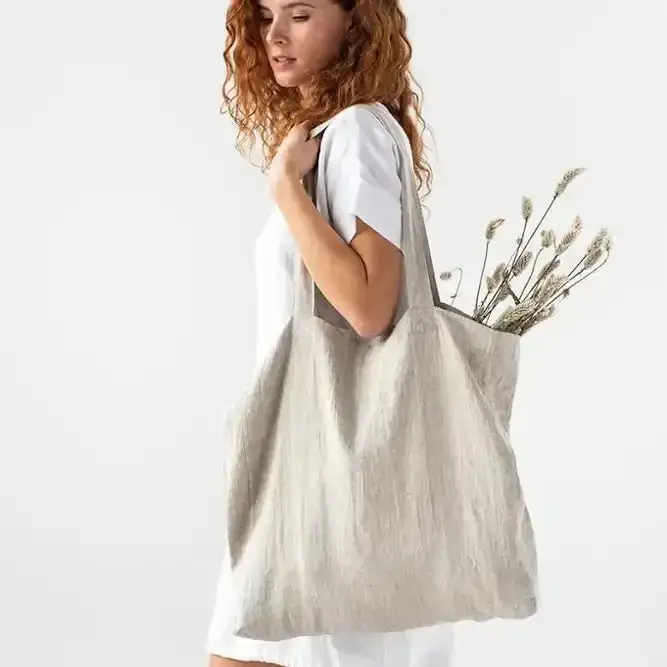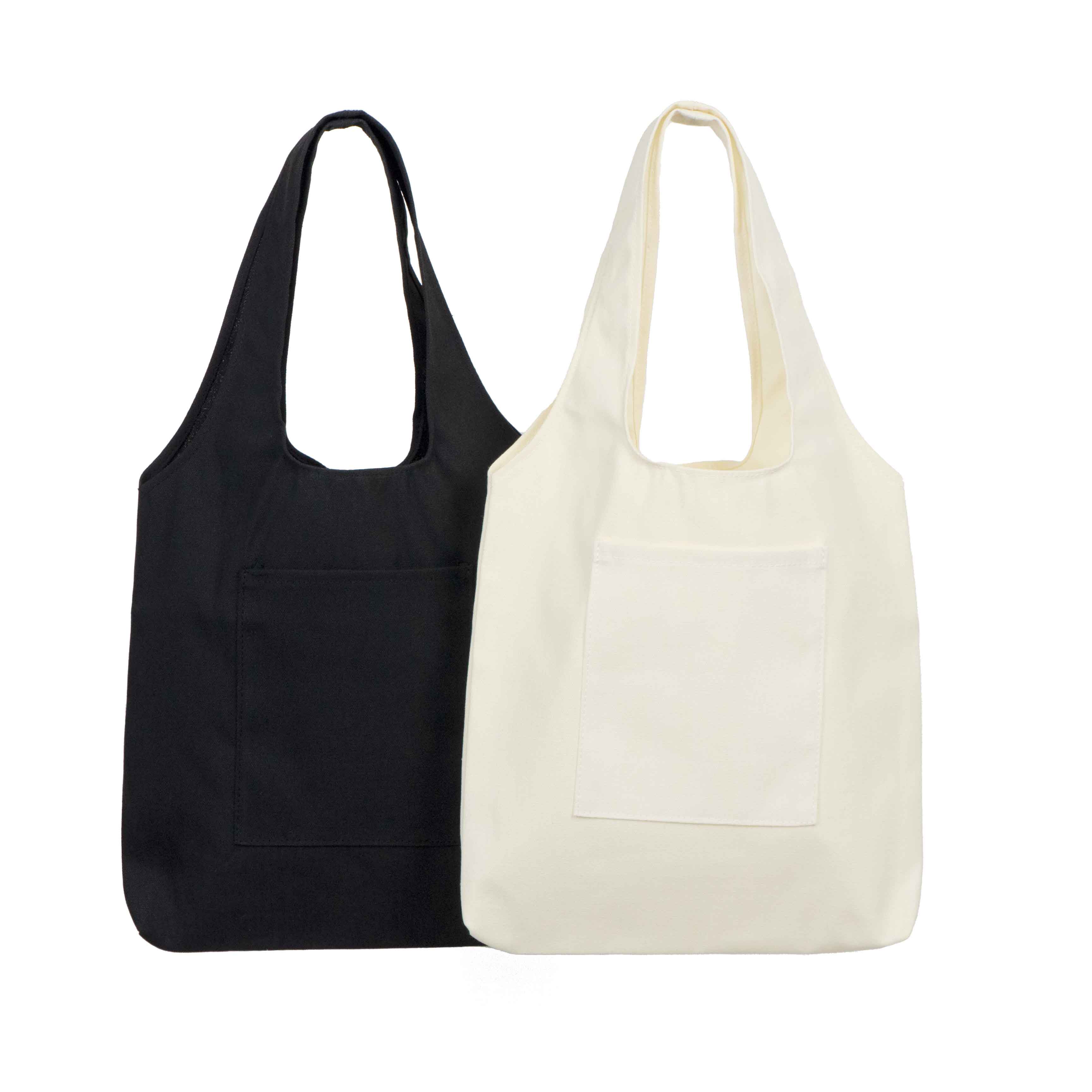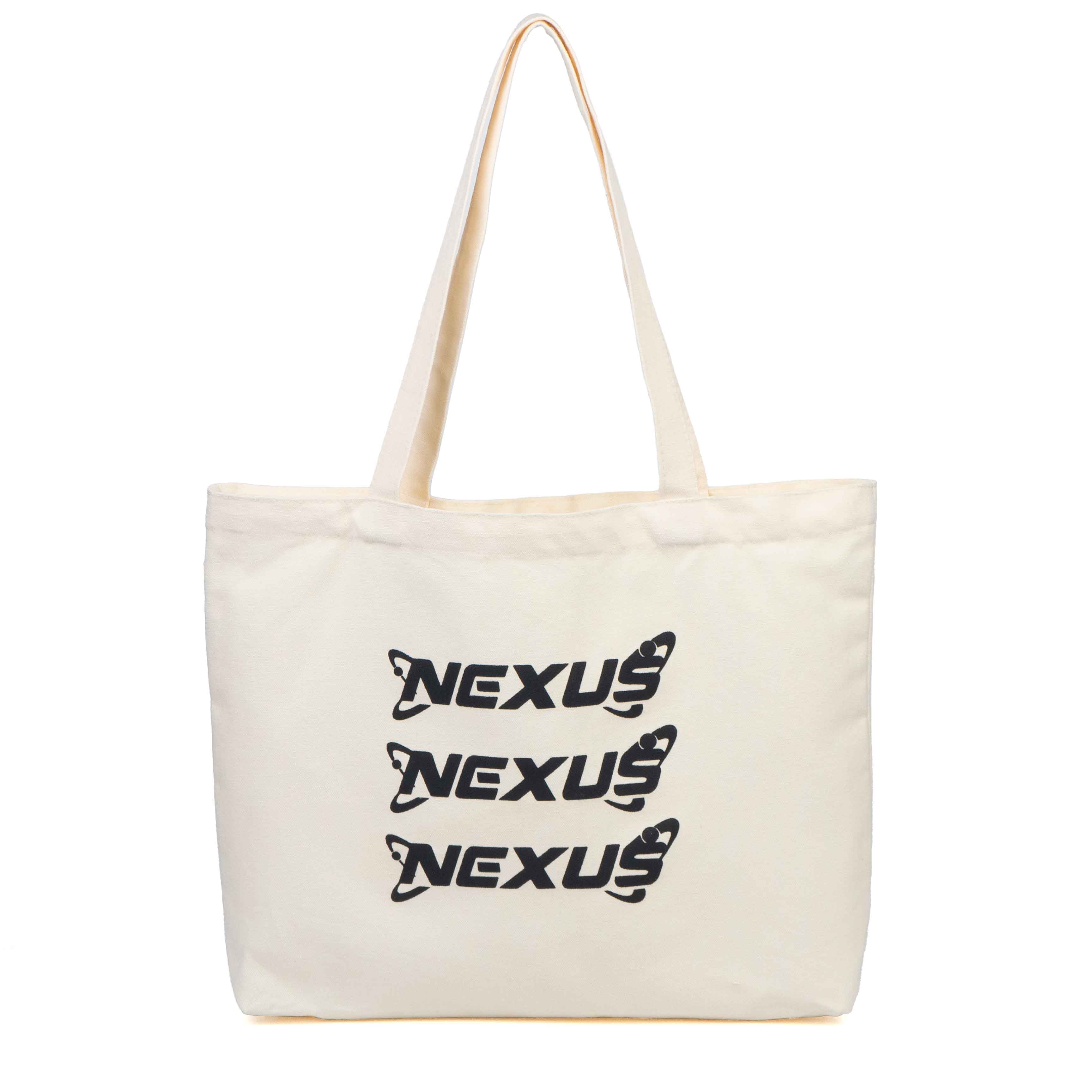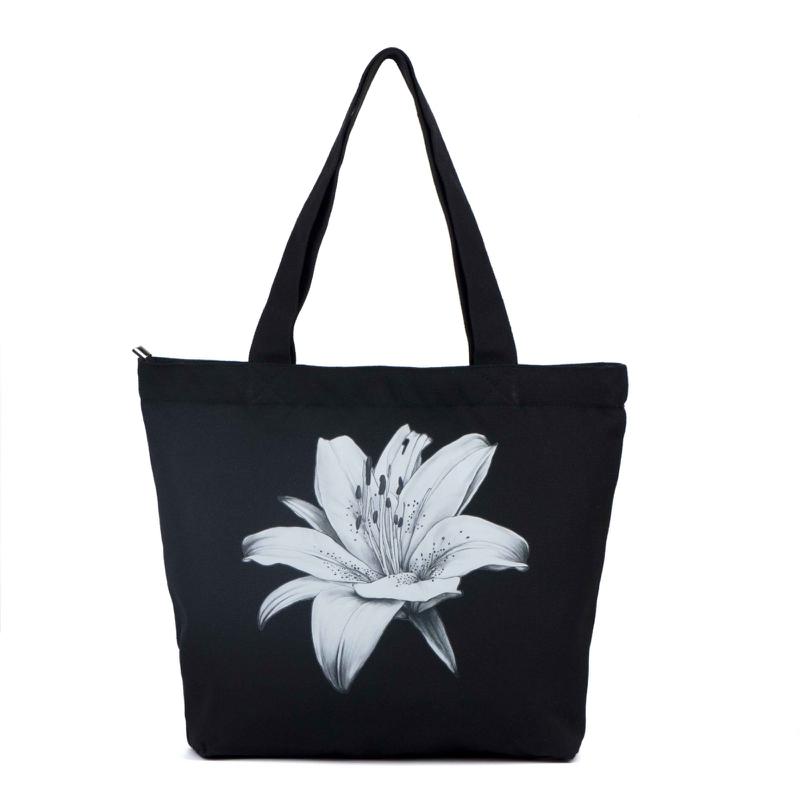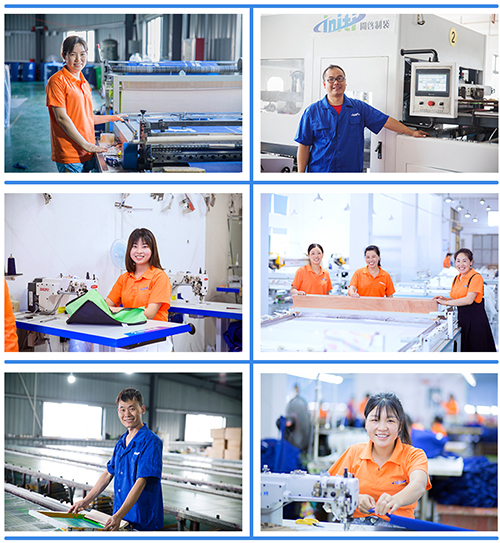Organic Cotton FAQ
What is Organic Cotton?
The origins of organic cotton can be traced back to the 1960s and 1970s when people began to realize the dangers of chemical pesticides and fertilizers. Some farmers and environmentalists started experimenting with natural cultivation methods, rejecting synthetic chemicals, which laid the foundation for organic agriculture. It is in this context that organic cotton gradually developed.
Statistics show that in 1990, the global production of organic cotton was only 580 tons, whereas by 2023, this figure had risen to approximately 300,000 tons. This growth illustrates the increasing attention and momentum organic cotton has gained worldwide.
Organic cotton employs sustainable farming practices that help protect the environment and promote biodiversity. The harvesting and processing of cotton do not involve harsh chemicals, resulting in soft, breathable fabrics that are gentle on the skin and more beneficial to the planet. Consequently, textiles made from organic cotton often boast superior quality.
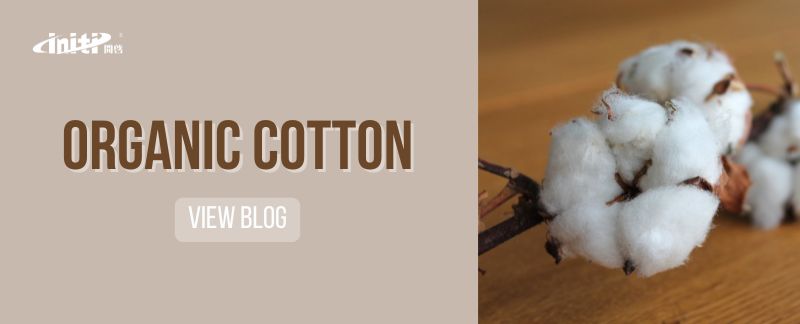
Differences Between Organic and Conventional Cotton
1. Cultivation Process
-
Seed Selection:
- Organic Cotton: Must use non-GMO seeds to ensure the natural quality and sustainability of the cotton.
- Conventional Cotton: May use GMO seeds to increase yield or enhance pest and disease resistance.
-
Fertilizer and Pesticide Use:
- Organic Cotton: Prohibits the use of synthetic fertilizers, pesticides, and growth regulators, relying instead on natural fertilizers like compost and green manure, as well as biological and physical pest control methods.
- Conventional Cotton: Relies heavily on chemical fertilizers and pesticides to ensure high yields. Reports indicate that conventional cotton farming may use hundreds of kilograms of chemical fertilizers and dozens of different pesticides per hectare.
-
Soil Protection:
- Organic Cotton: Focuses on soil sustainability by maintaining soil fertility through crop rotation and fallow periods, reducing soil erosion. For instance, organic cotton farmers may rotate cotton with leguminous plants to enhance soil nitrogen levels.
- Conventional Cotton: Long-term use of chemical fertilizers and pesticides can lead to soil compaction, reduced fertility, and damage to soil ecosystems.
2. Fiber Quality
-
Chemical Residues:
- Organic Cotton: Due to the absence of chemical inputs, the fibers have almost no pesticide or fertilizer residues, making them non-irritating to the skin, especially suitable for infants and sensitive skin.
- Conventional Cotton: May contain chemical residues that pose potential health risks with prolonged exposure.
-
Softness and Comfort:
- Organic Cotton: Fibers are finer and softer, with excellent breathability and moisture-wicking properties. Products made from organic cotton are comfortable to wear and less likely to generate static electricity. Tests show that organic cotton's breathability is approximately 30% higher and its moisture absorption about 20% greater than conventional cotton.
- Conventional Cotton: Typically less soft and comfortable, and may become rougher after multiple washes.
-
Durability:
- Organic Cotton: Cultivated and processed with care, its fibers are stronger, more abrasion-resistant, and less prone to deformation, leading to a longer lifespan. Studies indicate that organic cotton products can last about 20% longer under similar usage conditions.
- Conventional Cotton: More susceptible to damage, and may show pilling or deformation issues.
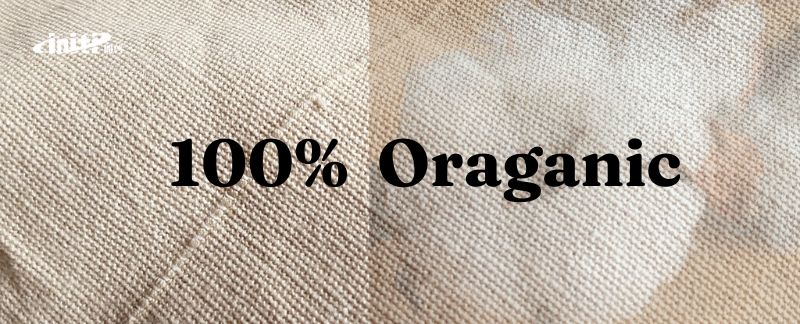
Health Benefits of Organic Cotton
First and foremost, organic cotton effectively reduces allergy risks. For individuals with sensitive skin, the chemical pesticides and fertilizers used in conventional cotton cultivation can trigger allergic reactions. In contrast, organic cotton is free from chemical inputs throughout its production, resulting in minimal chemical residues and significantly reducing skin irritation, making it an ideal choice for sensitive skin.
Moreover, organic cotton's superior breathability and moisture-wicking properties create a comfortable microenvironment for the body. In hot summer months, organic cotton garments can quickly absorb sweat and evaporate moisture, keeping the skin dry and minimizing the risk of bacterial growth or skin inflammation. Compared to conventional cotton, organic cotton allows for better air circulation, helping the skin breathe and reducing feelings of heat and humidity. This is especially important for those prone to sweating or with skin conditions. In winter, organic cotton’s insulating properties trap body heat while allowing the skin to breathe, providing warmth and comfort during colder months.
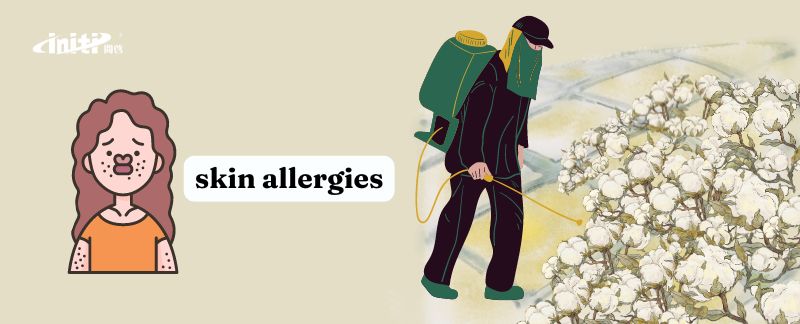
Additionally, some studies suggest that wearing organic cotton products may positively impact mental well-being. The natural properties and eco-friendly ethos of organic cotton create a sense of connection to nature, alleviating psychological stress and enhancing feelings of calmness and comfort. This psychological benefit is an invaluable aspect of health for those facing various pressures in modern society.
Advantages of Organic Cotton Canvas Bags
Canvas bags made of organic cotton are not only environmentally friendly but also loved for their durability, breathability, and natural texture. Compared to synthetic bags, organic cotton canvas bags are sturdier, enduring daily wear and tear, making them ideal for urban life, travel, and shopping. They come in various styles, from large shopping totes to compact crossbody bags, catering to different needs.
The customizability of organic cotton canvas bags is another advantage; brands can easily print logos and personalized designs, making them popular choices for brand promotion and eco-friendly initiatives. For consumers, choosing an organic cotton canvas bag is not just about practicality; it also expresses support for sustainable fashion.
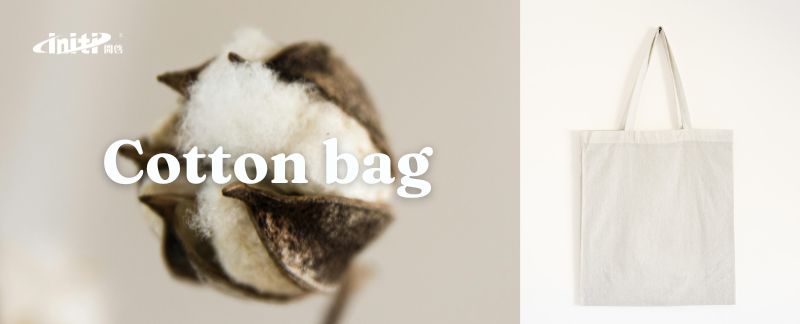
Hot Tags:Shopping Bag China, suppliers, manufacturers, factory, wholesale, in bulk, for sale,tote bag ideas,canvas bags for storage,cotton shoulder bag, rpet bag, custom garment bags,canvas drawstring bags,Insulated lunch cooler bag,makeup cosmetic bag for sale,Grocery and Shopping tote bag,Beach Accessories,Jute/hemp/burlap tote bag,Corduroy tote bag,Travel bag,Linen bag,Paper bag

